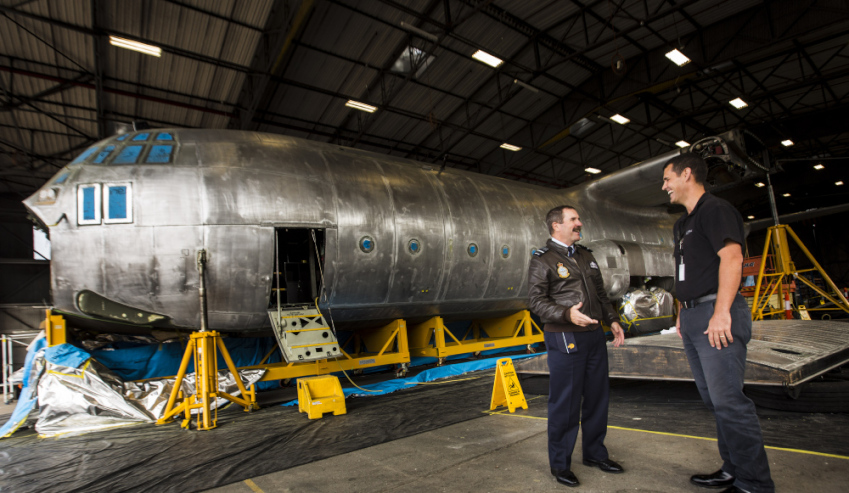The managing director of a key Australian research and development centre has put forward defence as the ideal industry to revolutionise Australia’s manufacturing industry.
To continue reading the rest of this article, please log in.
Create free account to get unlimited news articles and more!
Jens Goennemann of the Advanced Manufacturing Growth Centre spoke with Defence Connect about the challenges facing Australia's manufacturing sector and its role in the defence industry, stressing that major defence projects like the Future Submarine Program must be used as a starting point for transforming manufacturing.
"For Australia, we need to transform, we need to be a globally competitive country, and we need to focus on areas where we're good at, and defence can be a fantastic primer for that," Goennemann said.
"Bill Ferris calls it the moonshot opportunity. It's a moonshot opportunity if we play our cards right. It's a massive task ahead, but if that can be triggering the transformation of manufacturing, that would be a good thing, and we want to certainly tap into that."
Goennemann, the former managing director of Airbus Group Australia Pacific, said that Australia's ambitions to build up an indigenous and locally sustainable defence industry may not be achievable in the way the government currently envisions, but relayed that the mere ambition of the task is enough to start the revolution of Australia's advanced manufacturing.
"So with defence, the ambition for example to do the most complex thing you can do in the world, building a conventionally driven submarine. This is such a massive task ... I'm not commenting on whether we can achieve that or whether we should have done this. That's not my mission. But what I know is the complexity we as a country can master right now, is not sufficient to do that. I can evidence that," he said.
"So by putting that ambition out there, this moonshot opportunity, it can be a primer for getting our manufacturing base to a higher level for the benefit of pulling that defence task off, but not stop there, but getting the entire industry, the entire country, into a mode to innovate and to transform manufacturing, and to make more complex things for defence and for non-defence. I think it's a fantastic opportunity."
Goennemann also added that while the manufacturing sector does need to be transformed and defence can play a pivotal part in this, there is a misunderstanding that manufacturing in Australia is 'dead'.
"It bugs me even to bring it close to death," he said. "The misunderstanding starts with that manufacturing and production is not the same. We see car companies closing down to assemble, putting cars together in this country. These are foreign companies: Toyota, General Motors, Ford. They're not Australian companies. We just put these cars together.
"Other countries can do that much cheaper than we can but this misunderstanding of putting something together, that production is manufacturing, that is not right. Manufacturing is so much more. The manufacturing, value-adding process starts with R&D, design, logistics, then production, sales and services. So putting cars together is only one part. But actually, if you manufacture something and own the entire process of the whole entire value chain, we are in a much stronger position as in ... high cost, high value, high sophisticated country that we are.
"I mean I always like to take the example of an iPhone. Apple does the R&D, does the design. The production is something what Apple does not do. The value-add of the production of an iPhone is less than 25 per cent. Apple is definitely an advanced manufacturer, but the only thing they don't do is putting it together. Manufacturing is so much more."
To hear more from AMGC's Jens Goennemann, click here for our podcast.

 Login
Login







